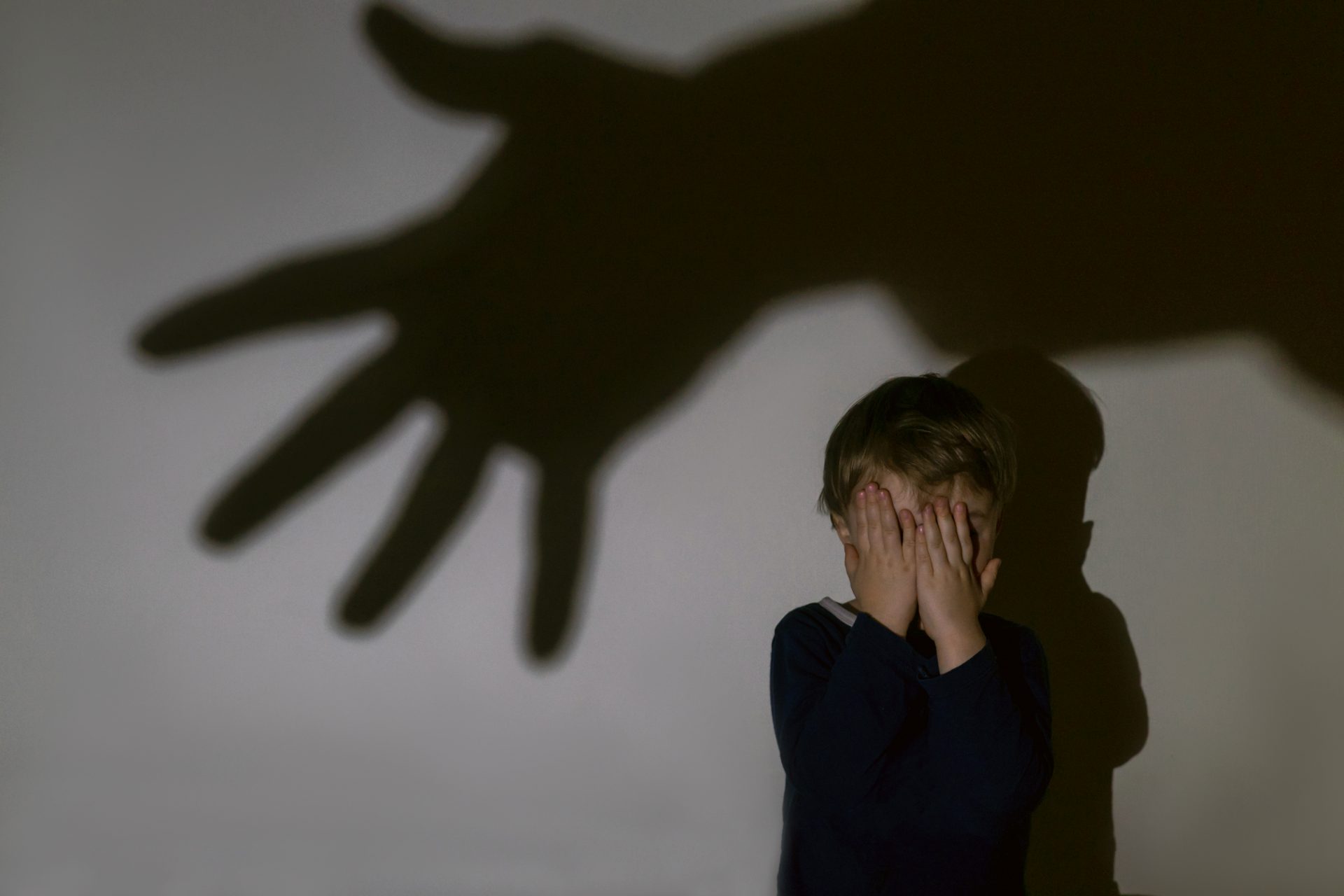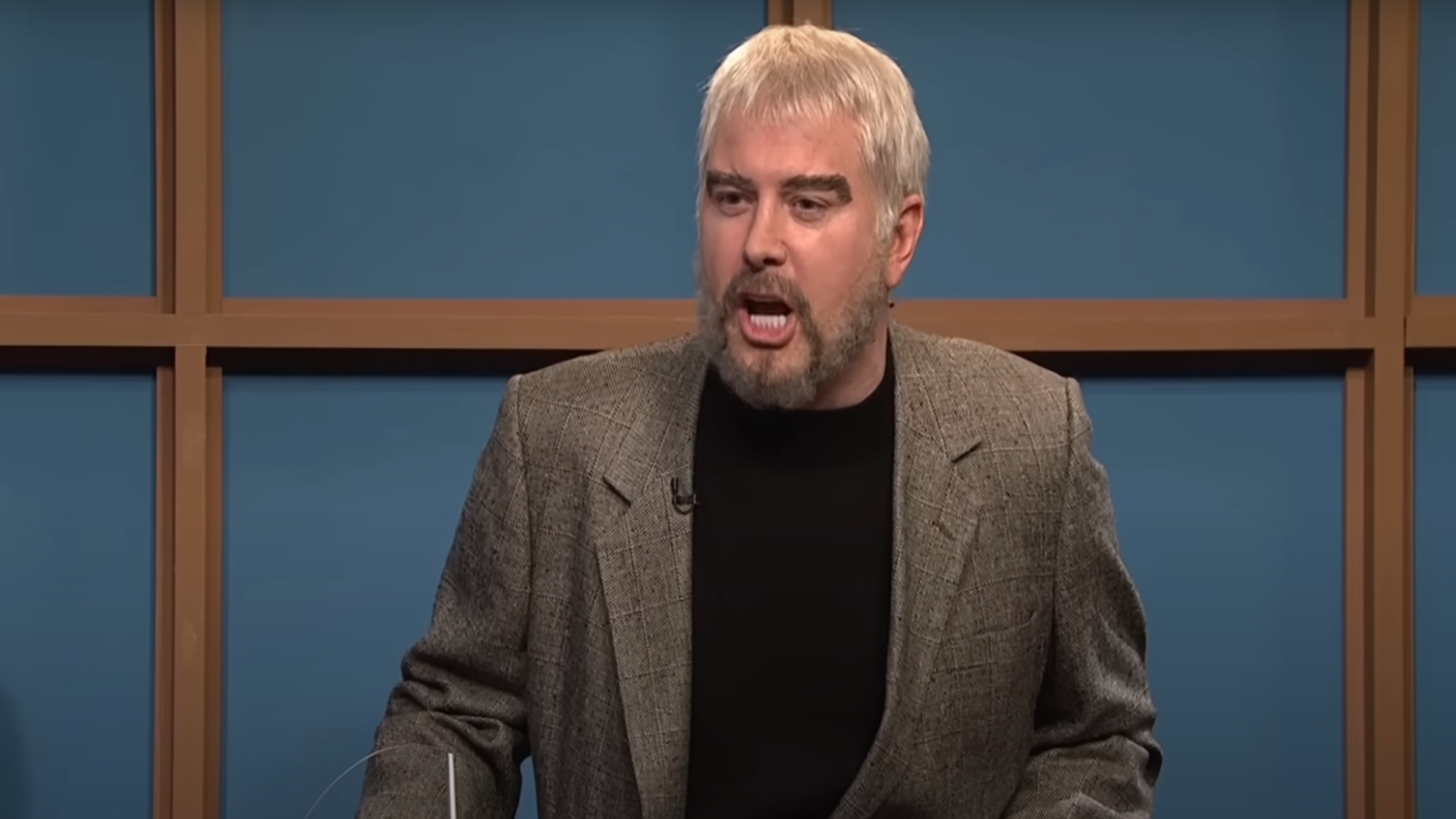This condition affects Pete Davidson and other stars
Comedian, actor and SNL star Pete Davidson has been open about his battle with borderline personality disorder (BPD). Davidson has shared that his diagnosis helped explain years of intense emotions, self-harm and unstable relationships.
BPD is more common than many realize, affecting an estimated 1.6% of the population, though it may affect 5.9% at one point in their life, according to the American Psychiatric Association. Despite its prevalence, BPD is often misunderstood and stigmatized, making it harder for those affected to seek and receive proper treatment. It is up to three times more commonly diagnosed in women than men.
BPD is characterized by intense, hard-to-control emotional experiences and difficulty maintaining stable relationships. According to the National Institute of Mental Health, individuals with BPD may experience rapid mood swings, feelings of emptiness, identity confusion, and fear of abandonment. These symptoms can lead to impulsive actions and unstable personal relationships.
The term "borderline" was first coined in the 1930s to describe patients who were thought to be on the borderline between neurosis and psychosis. Today, it is understood that BPD is a distinct disorder with its own specific symptoms and treatment needs. Some say the term is stigmatizing and unhelpful, suggesting alternative names like “emotional regulation disorder."
BPD is believed to be caused by a combination of genetic, environmental, and social factors. Traumatic events, such as childhood abuse or neglect, can increase the risk of developing the disorder. Additionally, BPD often co-occurs with other mental health issues like depression, anxiety, and substance abuse.
As Pete Davidson explained in a conversation with Glenn Close, his diagnosis with BPD was a relief because previously he “just thought something was wrong.” Davidson lost his firefighter father on 9/11, which he attributes to some symptoms. “My big thing is trust,” he explained. “One day [my father] was here, and the next day he was gone.”
Although BPD can be a lifelong challenge, many people find ways to manage their symptoms and lead fulfilling lives. Long-term psychotherapy has been shown to be effective in helping individuals with BPD develop healthier ways of thinking and behaving. Studies have also found that mindfulness meditation can be helpful. While drugs may help some symptoms, a 2010 Cochrane review found that no medications were effective on the core symptoms.
Former NFL player Brandon Marshall has been an advocate for mental health awareness since his BPD diagnosis in 2011. At a luncheon, he talked about how psychotherapy has helped him “learn that communication was a skill, an art form that was supposed to be taught.” He also has an organization to end the stigma surrounding mental health. The slogan is: “The way people think about mental health is crazy.”
This other SNL star has opened up about his BPD diagnosis in a memoir and documentary called ‘Cracked Up.’ He has suffered from many mental health issues that stemmed from deep childhood trauma — he was violently abused by his mom. “I became sold on the idea that the way I was behaving was best described as a mental injury rather than a mental illness,” Hammond told the New York Post. "That's the ‘Hallelujah’ chorus of my whole life."
Image: Saturday Night Live/Youtube
This Korean singer who was in the super successful 'Wonder Girls' opened up about her BPD diagnosis in a song called 'Borderline.' "I got too hyped, unstable eyes/ Hands, hair, and words are all over the place/ Feels like a bird is living in my head," read some of the lyrics.
Despite the challenges, many individuals with BPD can lead successful and meaningful lives. Celebrities like Pete Davidson and Darrell Hammon serve as powerful examples of resilience and the importance of seeking help and support.






















